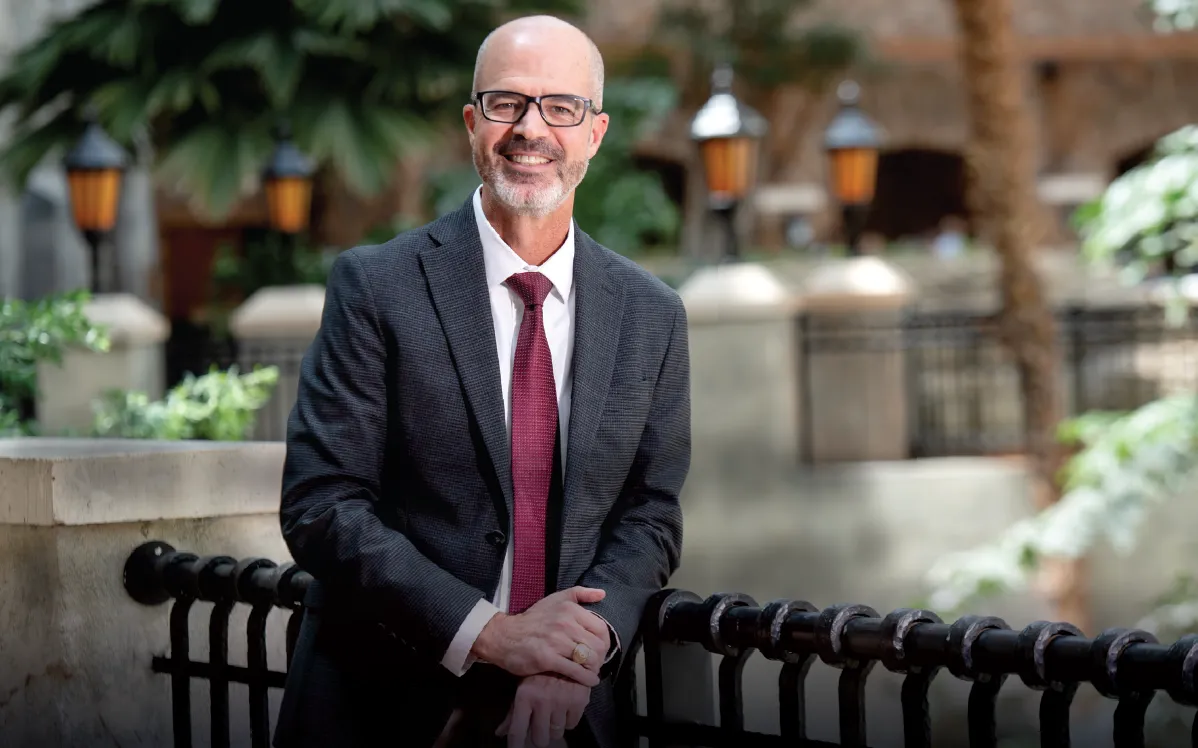According to the consulting firm’s annual Initial Quality Study of vehicle models sold in the United States, voice activation was identified as the most common type of malfunction.
Twenty-three percent of problems reported were related to audio, communication, entertainment or navigation. One-third of those infotainment complaints were caused by voice recognition, Kolodge said.
Kolodge noted that in-car systems often don’t work as well as voice recognition systems in smart phones. Part of the problem, she acknowledged, was that in-car systems are vulnerable to road noise, engine noise and passenger conversations.
Automakers should focus on the most basic functions, such as phone calls, navigation and audio and make sure those work well before adding other functions.
For other vehicle parts, a high defect rate would be unacceptable, she noted, "yet somehow it’s acceptable for voice recognition, and it’s been acceptable for years. We’ve got to get back to the basics.”
Voice recognition still a top problem says report
Speaking in a presentation at the annual Management Briefing Seminars of the Center for Automotive Research, held in Traverse City, Michigan, Kristin Kolodge, J.D. Power’s executive director of driver interaction claimed that in-car voice recognition systems work so poorly that automakers should give up trying to add new features and go back to the basics.
According to the consulting firm’s annual Initial Quality Study of vehicle models sold in the United States, voice activation was identified as the mo
August 12, 2014
Read time: 2 mins
Speaking in a presentation at the annual Management Briefing Seminars of the Center for Automotive Research, held in Traverse City, Michigan, Kristin Kolodge, J.D. Power’s executive director of driver interaction claimed that in-car voice recognition systems work so poorly that automakers should give up trying to add new features and go back to the basics.









